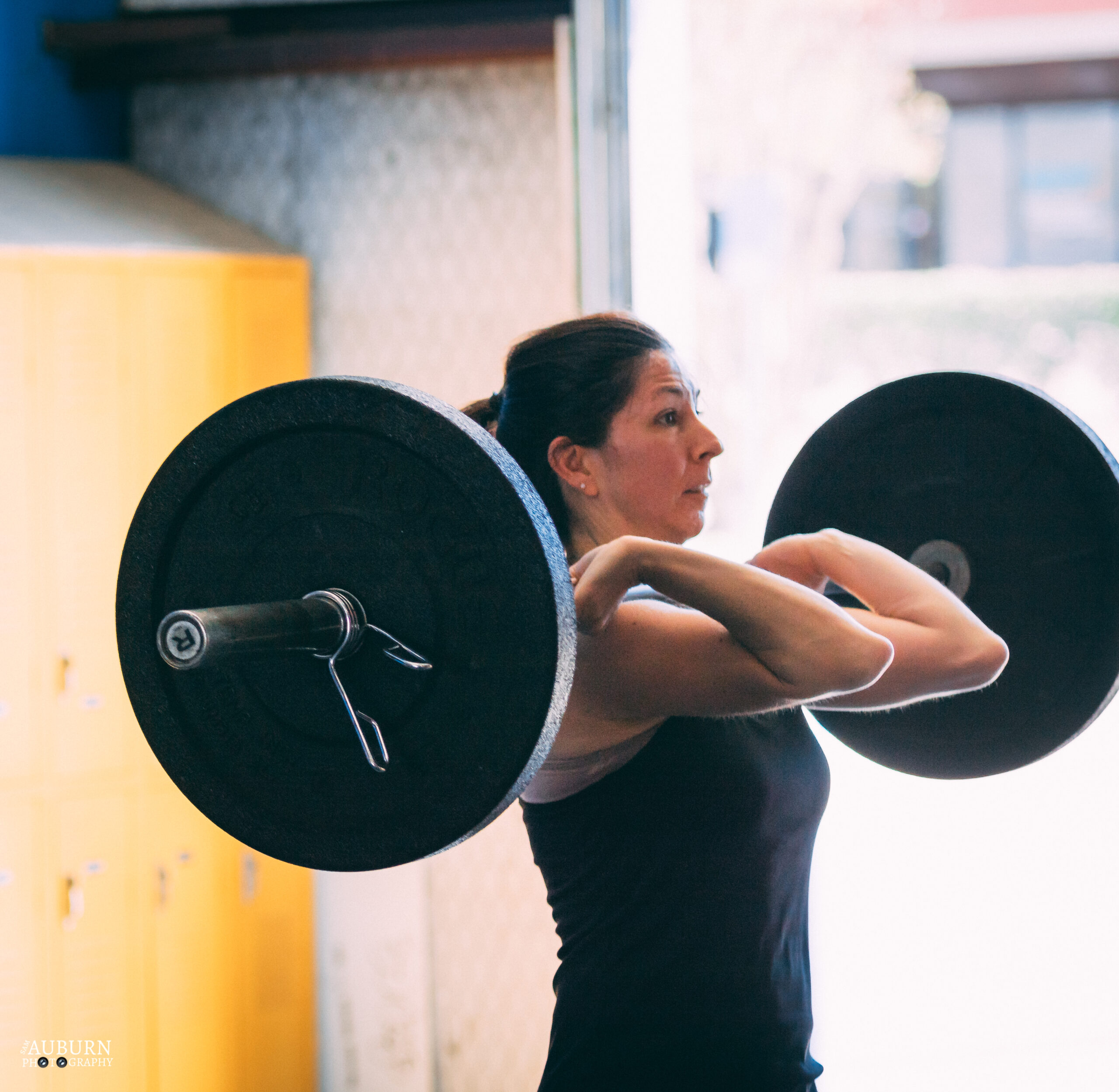
Sheldon’s Corner: Water Intake – How much do you need & why it’s beneficial
How much water should you drink each day? It’s a simple question with no easy answers. The body is about 60% water, give or take. We’re constantly losing water from our bodies, primarily via urine and sweat. There are many different opinions on how much water we should be drinking every day. The health authorities commonly recommend eight 8-ounce glasses, which equals about 2 liters, or half a gallon. This is called the 8×8 rule and is very easy to remember. However, there are other health gurus who think we’re always on the brink of dehydration and that we need to sip on water constantly throughout the day… even when we’re not thirsty.
Studies have produced varying recommendations over the years, but in truth, your water needs depend on many factors, including your health, how active you are and where you live. In this article we’ll take a look at some of the studies on water intake and how it affects the function of the body and brain, then explain how to easily match water intake to individual needs.
Can More Water Increase Energy Levels and Improve Brain Function?
Many people claim that if we don’t stay hydrated throughout the day, our energy levels and brain function can start to suffer. There are actually plenty of studies to support this. In one study in women, a fluid loss of 1.36% after exercise did impair both mood and concentration, while increasing the frequency of headaches. There are other studies showing that mild dehydration (1-3% of body weight) caused by exercise or heat can negatively affect many other aspects of brain function. However, keep in mind that just 1% of body weight is actually a fairly significant amount. This happens primarily when you’re sweating a lot, such as during exercise or high heat. Mild dehydration can also negatively affect physical performance, leading to reduced endurance. In Conclusion…Mild dehydration caused by exercise or heat can have negative effects on both physical and mental performance.
Does Drinking a Lot of Water Help You Lose Weight?
There are many claims about water intake having an effect on body weight…that more water can increase metabolism and reduce appetite. According to two studies, drinking 500 ml (17 oz) of water can temporarily boost metabolism by 24-30%. Researchers estimate that drinking 2 liters (68 ounces) in one day can increase energy expenditure by about 96 calories per day. It may be best to drink cold water for this purpose, because then the body will need to expend energy (calories) to heat the water to body temperature. Drinking water about a half hour before meals can also reduce the amount of calories people end up consuming, especially in older individuals. One study showed that dieters who drank 500 ml of water before meals lost 44% more weight over a period of 12 weeks, compared to those who didn’t. Overall, it seems that drinking adequate water (especially before meals) may have a significant weight loss benefit, especially when combined with a healthy diet.
Does More Water Help Prevent Health Problems?
There are several health problems that may respond well to increased water intake:
- Constipation: Increasing water intake can help with constipation, which is a very common problem.
- Cancer: There are some studies showing that those who drink more water have a lower risk of bladder and colorectal cancer, although other studies find no effect.
- Kidney stones: Increased water intake appears to decrease the risk of kidney stones.
- Acne and skin hydration: There are a lot of anecdotal reports on the internet about water helping to hydrate the skin and reducing acne, but I didn’t find any studies to confirm or refute this.
How Much Water is Best?
At the end of the day, no one can tell you exactly how much water you need. As with most things, this depends on the individual. Do some self experimentation… some people may function better with more water than usual, while for others it only causes the inconvenience of more frequent trips to the bathroom. That being said, I am not sure if the small benefits of being “optimally” hydrated are even worth having to consciously think about it. Life is complicated enough as it is. If you want to keep things simple (always a good idea), then these guidelines should apply to 90% of people:
- When thirsty, drink.
- When not thirsty anymore, stop.
- During high heat and exercise, drink enough to compensate for the lost fluids.
- That’s it.
All Made Simple – by: S.George
Contact: sheldon@crossfitroundrocktx.com
“If you continue to do what you have always done, then you will continue to be who you have always been…you must change to change…”